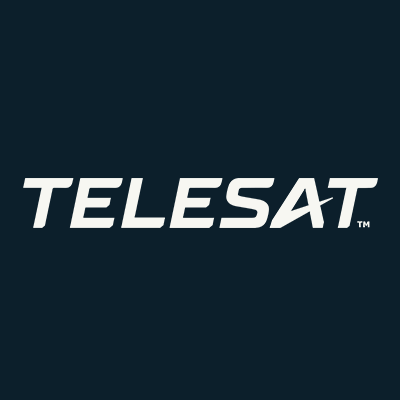
OTTAWA and JACKSON, Miss. – Satellite owner-operator Telesat announced today it has joined a group of tech firms led by Mississippi-based C Spire which are working to bridge the rural-urban digital divide.
The consortium includes Airspan Networks, Microsoft, Nokia and Siklu, and the group has been testing technology solutions, creating and building new business models and providing training resources for individuals and communities in digital skills to help improve internet access in rural areas, says the Telesat press release.
In addition to the Canadian company’s geostationary satellite fleet, it is also building a low earth orbit (LEO) network that aims to deliver high speeds, high capacity, affordability and low latency.
Telesat will provide analysis tools and its experience with LEO technology to help the consortium work on new business models designed to encourage and promote third-party engagement, explains the release.
The company announced last year a 10-year $600 million partnership with the Canadian government to provide backhaul to rural and remote communities. When fully built and launched, the firm’s full constellation will be comprised of 298 LEO satellites that orbit the earth roughly 35 times closer than traditional satellites. The company said last year it expects to begin offering broadband coverage to Canada’s far north in 2021 and all of Canada from its constellation by mid-2023.
Almost 28% of Mississippi residents lack broadband connectivity, less than 18% use broadband and almost half of its citizens live rurally, explains the consortium, all of which means the state is a good primary testing ground for the group. It’s also C Spire’s home. Mississippi ranks 46th nationwide in broadband access and 47th in urban population.
Among the various fixed wireless technology solutions the consortium is deploying and testing in rural areas of Mississippi are TV white spaces, massive MIMO using 4G and 41 LTE and C Spire’s 5G internet product.
“Improving broadband access and digital skills represent huge opportunities for rural areas,” said C Spire chief innovation officer Craig Sparks. “Every student, school and business should have the chance to reap the benefits from wider availability and adoption.”
Telesat’s efforts in Canada could have bigger implications beyond North America, said its senior vice-president of corporate and business development, Michael Schwartz, since forty-eight percent of the world’s population does not have high-speed internet access, he said in the release. T
“Telesat LEO will provide new options for mobile network operators and internet service providers to backhaul traffic from rural communities to their core networks,” Schwartz said.
“We know that delivering high capacity broadband services is challenging – not because of the technology, but the economics. We are working hard with partners like Telesat to develop new business models with ways to close the broadband adoption and affordability gap in rural communities everywhere,” added Sparks.
To learn more about the consortium’s work, please go to www.cspire.com/rural-broadband-consortium.


